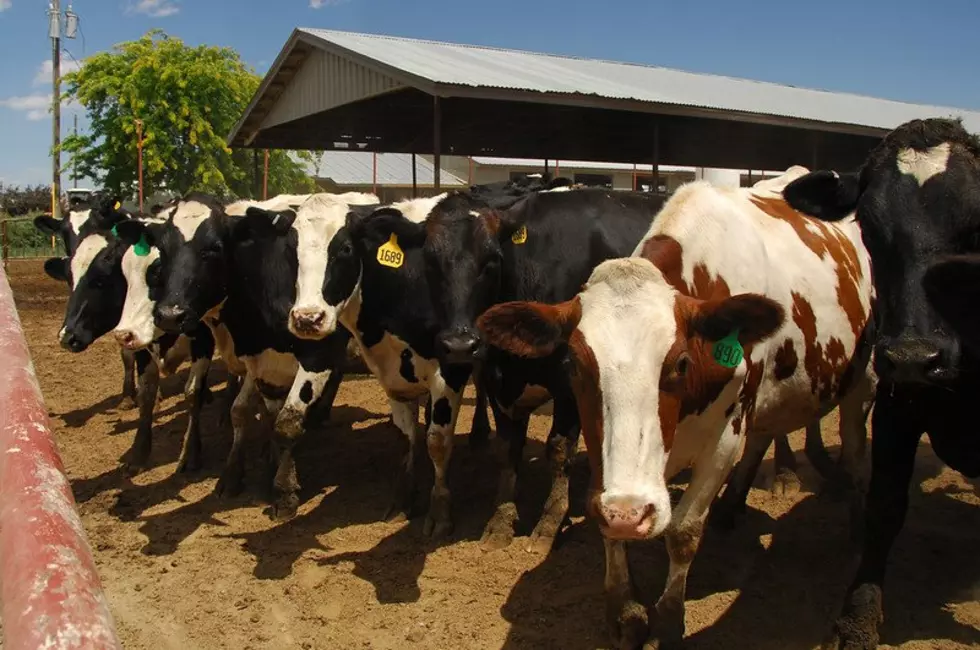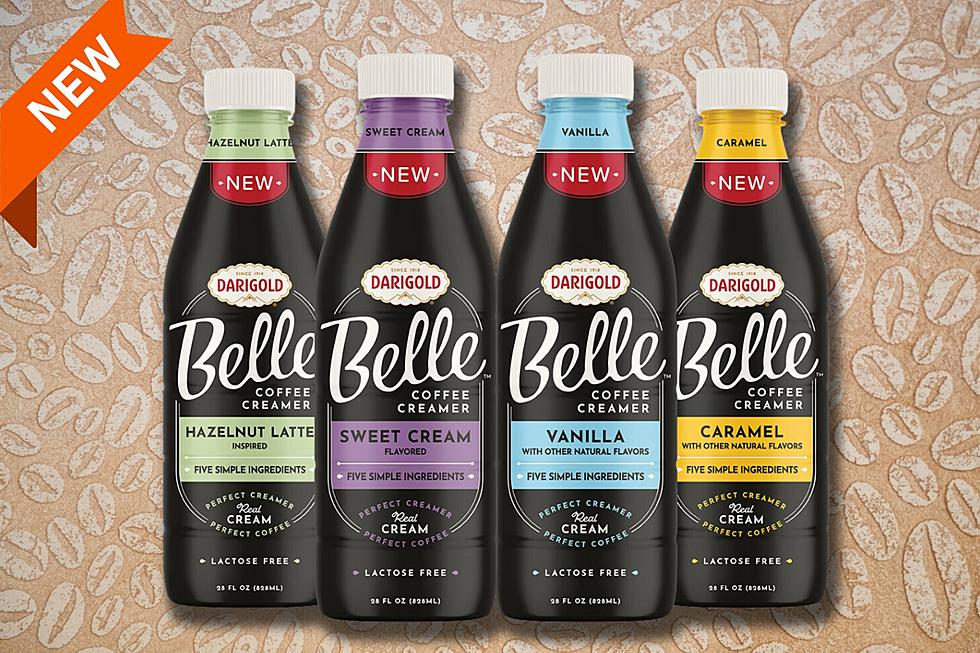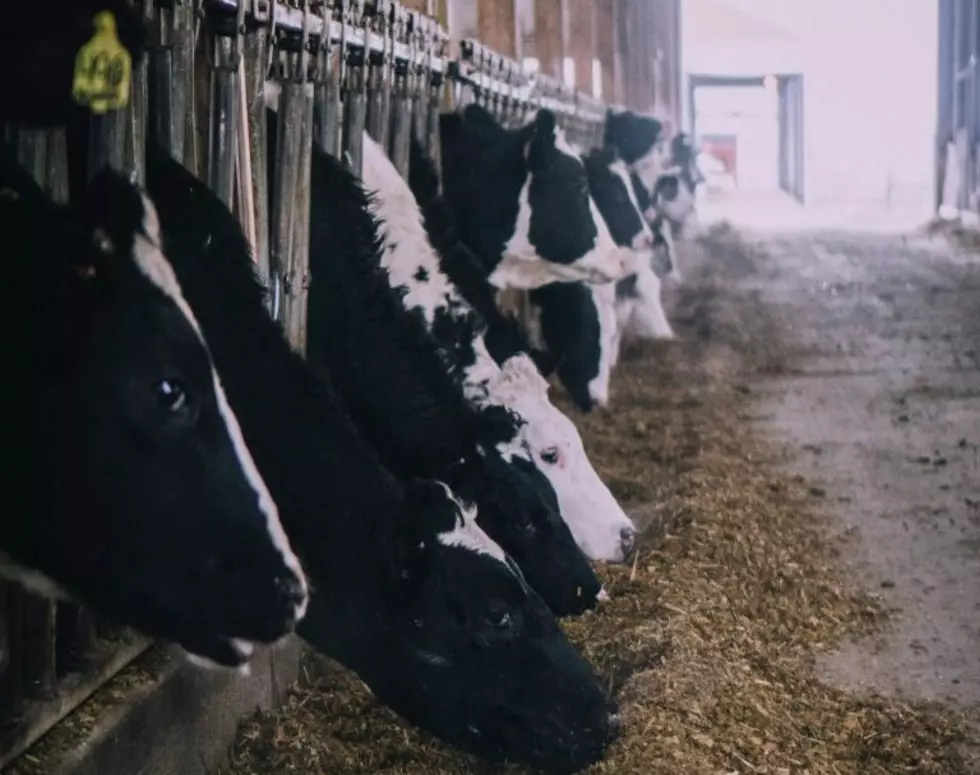
Canada Reacts To Recent USMCA Ruling
Canada has lost the first arbitrated dispute under the USMCA. A three-person trade panel agreed that Canada is, in fact, denying U.S. producers their fair share of access to the Canadian dairy product market. The office of the U.S. Trade Representative requested the dispute panel in May of last year. It was tasked with examining the U.S. allegations that the Canadian dairy industry is allocating import quotas for American dairy products in a way that is in violation of the USMCA deal. And recently, in the publicly released statement, the panel largely sided with the U.S. Trade Representative’s Office.
This first dispute decision involved Article 3 of the USMCA deal involving dairy product imports to Canada, one of the hardest-fought issues during the USMCA negotiations. In the end, the U.S. gained a bit more than three percent of Canada's dairy product market under the deal. But when it came time to implement the agreement, Canada left domestic processors in charge of allocating import permissions known as TRQ’s, or Tariff-Rate Quotas. This has never set well with U.S. producers or the U.S. Trade Representative office, arguing that by giving Canadian producers control of what amounts to over 80% of the import quotas, undue hurdles had been created for American dairy product sellers. And, in fact, that was largely the finding of the dispute settlement panel.
Mark Warner is an international trade lawyer based in Toronto. Warner says that, just as Washington has had state-level problems with international-level trade agreements, Ottawa has had issues with individual Canadian provinces. Quebec and Ontario, Canada’s two largest dairy production regions by far, have resented Article 3 of the USMCA.” that’s been difficult.”“The difficulty always comes at the state level, just like our provinces, they sort of fall through the cracks. But, of course, it’s not something that the federal government in Canada can click its fingers and do, it has to get the consent of provinces like Quebec and Ontario. And historically that’s been difficult.”
Canada has until February 3rd to respond or comply with the dispute panel findings. Warner said that the USMCA, through this arbitration panel, is proof that the process works. He said that this ruling being viewed as a direct win or loss by either side is just wrong-headed.
“This idea that the free trade agreements were going to remove all trade irritants has never been a realistic goal," Warner. "What the trade agreements do is provide a mechanism for disciplining measures and for resolving disputes. And that’s pretty much what Canada has always wanted, is to find some legal way to do that.”
If you have a story idea for the PNW Ag Network, call (509) 547-1618, or e-mail gvaagen@cherrycreekmedia.com
More From PNW Ag Network









